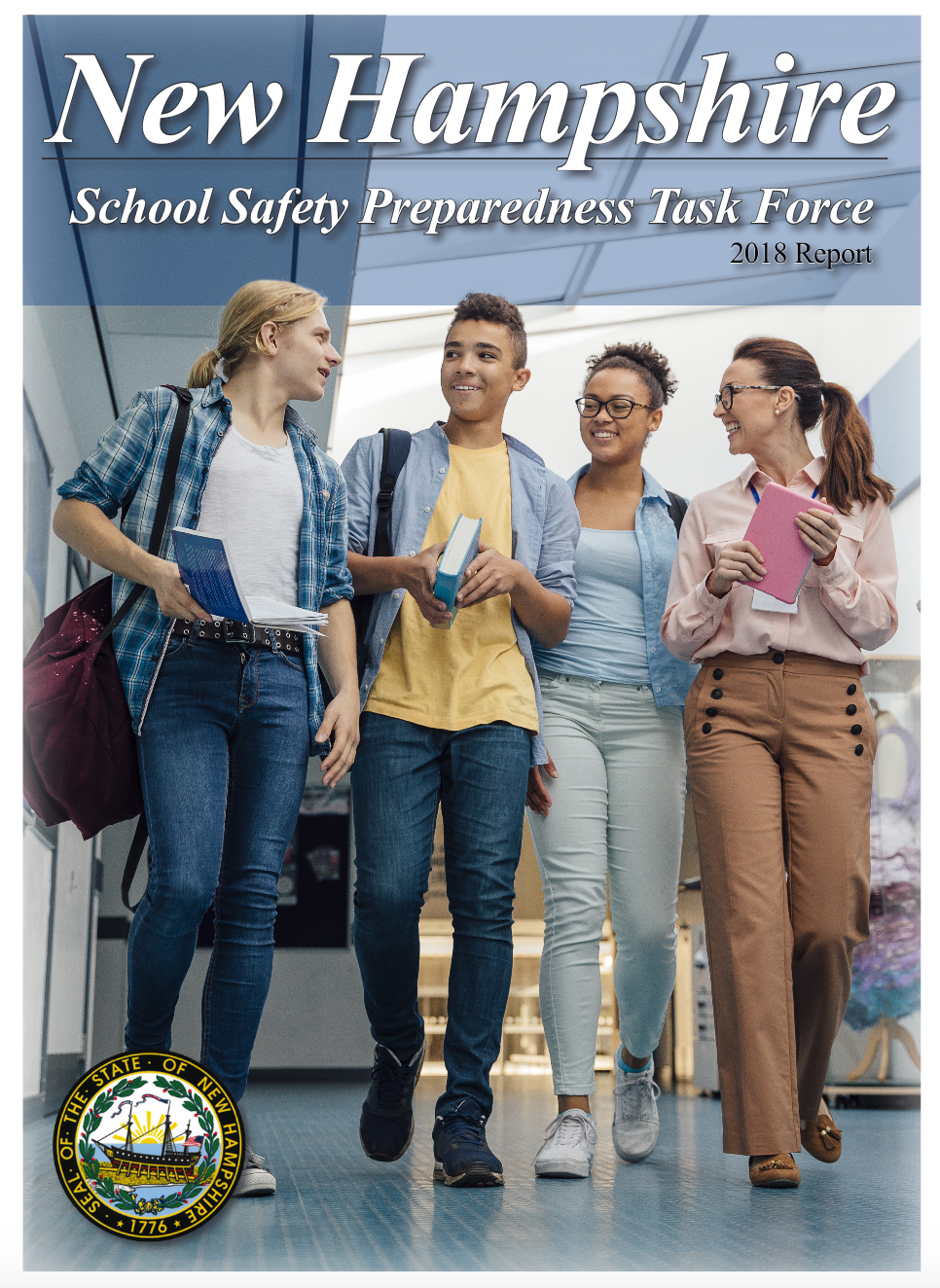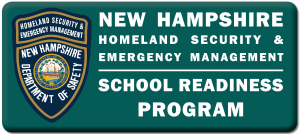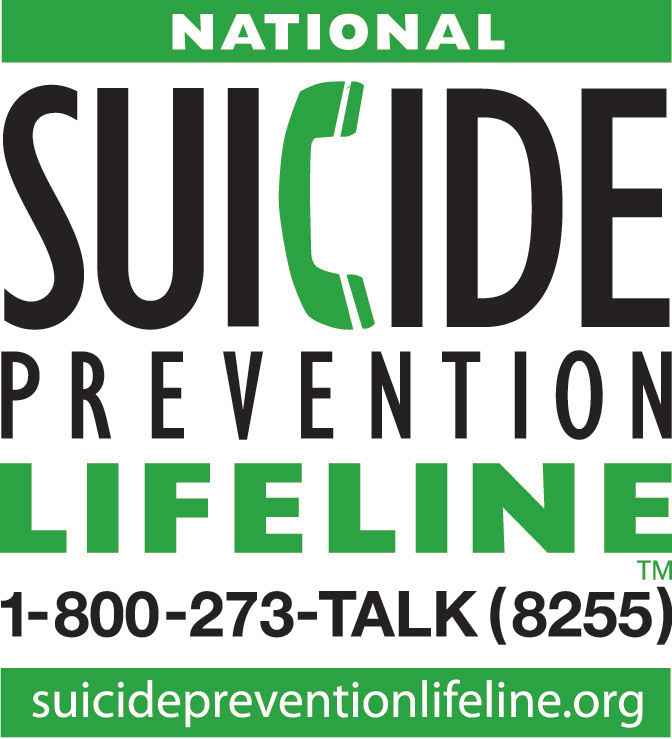Recommendation 6: Increase and promote Mental Health First Aid to school staff, students, and families to provide the school community with the resources to effectively manage a mental health incident.
Category: Task Force
The task force report was drafted by the School Safety Preparedness Task Force established by Governor Christopher T. Sununu in March of 2018. The Task Force was charged with the consultation of subject matter experts and members of the public to find areas of agreement regarding steps that move the State forward in improving the safety of New Hampshire’s students while maintaining and improving the core purpose of educational institutions. This section provides updates on the 59 recommendations from the 2018 Task Force Report.
Recommendation 7
Recommendation 7: Develop a threat assessment task force at the community or district level that engages the local public health network, including an intervention and reporting protocol that evaluates students quickly and efficiently and provides a plan to help appropriately return students to school.
Recommendation 8
Recommendation 8: Increase and promote evidence-based best practice suicide prevention training in schools to provide school staff with the knowledge and skills to recognize individuals at risk, and connect that individual with help. All schools should have specific protocols in place for responding to an individual who is suicidal and for responding to a suicide …
Recommendation 9
Recommendation 9: Expand programs that focus on creating a positive school climate and atmosphere with structured support for students, such as the Multi-Tiered System for Support and Behavioral Health (MTSS-B) or Positive Behavior Intervention System (PBIS).
Recommendation 10
Recommendation 10: Increase existing available mental health resources (e.g., Community Mental Health Centers, or by engaging Public Health Networks) to increase the capacity of services and decrease wait times.
Recommendation 11
Recommendation 11: Following a critical school incident, school administrators should consult with the New Hampshire Disaster Behavioral Health Coordinator to ensure an appropriate and trauma-informed post incident response.
Recommendation 12
Recommendation 12: All school plans submitted under RSA 189:64 shall be reviewed by the State every three years based on current best practices. A feedback report shall be forwarded to the school for voluntary changes.
Recommendation 13
Recommendation 13: Continue with the current, voluntary New Hampshire Homeland Security and Emergency Management school assessment process. Provide reassessments at least every three years or when significant changes to the facility, staff, or policy occur.
Recommendation 14
Recommendation 14: Reevaluate the Homeland Security and Emergency Management school assessment process every three years to ensure assessors use the latest standards, knowledge, and techniques.
Recommendation 15
Recommendation 15: Develop, implement, communicate, and exercise a reunification plan that clearly establishes where and how students will be reunited with their families.







